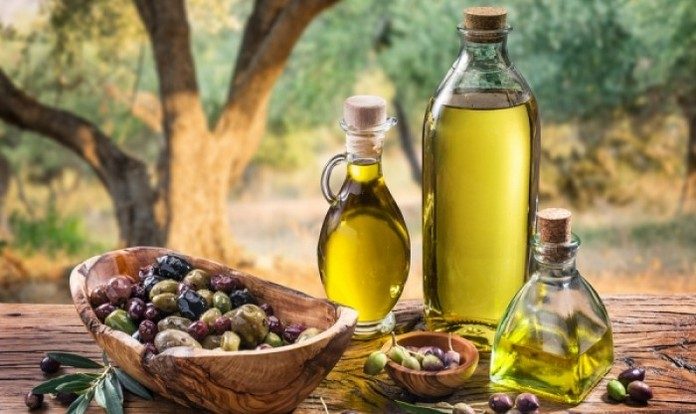ISLAMABAD ( WNAM REPORT): : The government has decided to establish a dedicated Olive Oil Council under the forthcoming National Olive Policy to regulate the fast-growing olive industry, strengthen exports and cut reliance on imported edible oils.
According to official documents available with Wealth Pakistan, the proposed council will serve as a central body for coordination, certification, branding, and quality control of olive oil and its by-products. It will also oversee the implementation of the National Olive Policy and Action Plan.
The new policy marks a major step toward institutionalizing Pakistan’s olive sector, aligning it with global standards set by the International Olive Council (IOC).
It emphasizes sustainable production, rural livelihood improvement, foreign exchange savings, and value-added exports through a modern governance framework.
A senior official of the Ministry of National Food Security & Research told Wealth Pakistan that the policy aims to transform Pakistan from a nascent olive grower into a competitive global player within five to seven years. The country’s domestic olive oil production has already reduced imports by nearly half, while export volumes continue to rise amid growing recognition of Pakistani brands abroad.
Reflecting this progress, Pakistan’s indigenous olive oil brand “LO” recently won a silver award at the New York International Olive Oil Competition, competing with more than 1,200 global entries from 28 countries.
Under the government’s Public Sector Development Programme (PSDP), Pakistan’s olive cultivation has expanded rapidly.
Between 2014 and 2025, around 33,000 acres of marginal and barren land have been converted into olive orchards, with over 4.3 million trees planted across 60 districts.
The total olive ecosystem now spans more than 55,000 acres with 6.9 million trees, engaging over 11,000 farmers.
To improve processing capacity, 51 olive oil extraction units are operational across Punjab, Balochistan, Khyber Pakhtunkhwa, and Azad Jammu and Kashmir. The government has also set up six fruit-processing units, 14 nursery tunnels, five automated weather stations, and four International Olive Council–standard laboratories to ensure compliance with global quality benchmarks.
The initiative is being supported by international partners, including the Government of Italy, through CIHEAM Bari and AICS, which provided €1.5 million for the first phase of the Olive Culture Scale-up Project and an additional €3 million for the ongoing Phase II (2024–27). A €20 million TVET Umbrella Project is also underway to train local technicians and farmers in modern olive cultivation and processing methods.
The official said that the upcoming Olive Oil Council will coordinate these efforts and develop branding, marketing, and export strategies to position Pakistan as a credible player in the global olive oil market. “The council will serve as the backbone of Pakistan’s olive economy,” he said. “It will unify public and private stakeholders, support farmers, and open new avenues for export-led growth.”
According to the documents, the council will also promote olive tourism, national expos, and nutraceutical product development to diversify income streams for rural communities. The policy envisions olive cultivation not just as an agricultural crop but as a climate-resilient economic sector capable of contributing to national prosperity.
70


